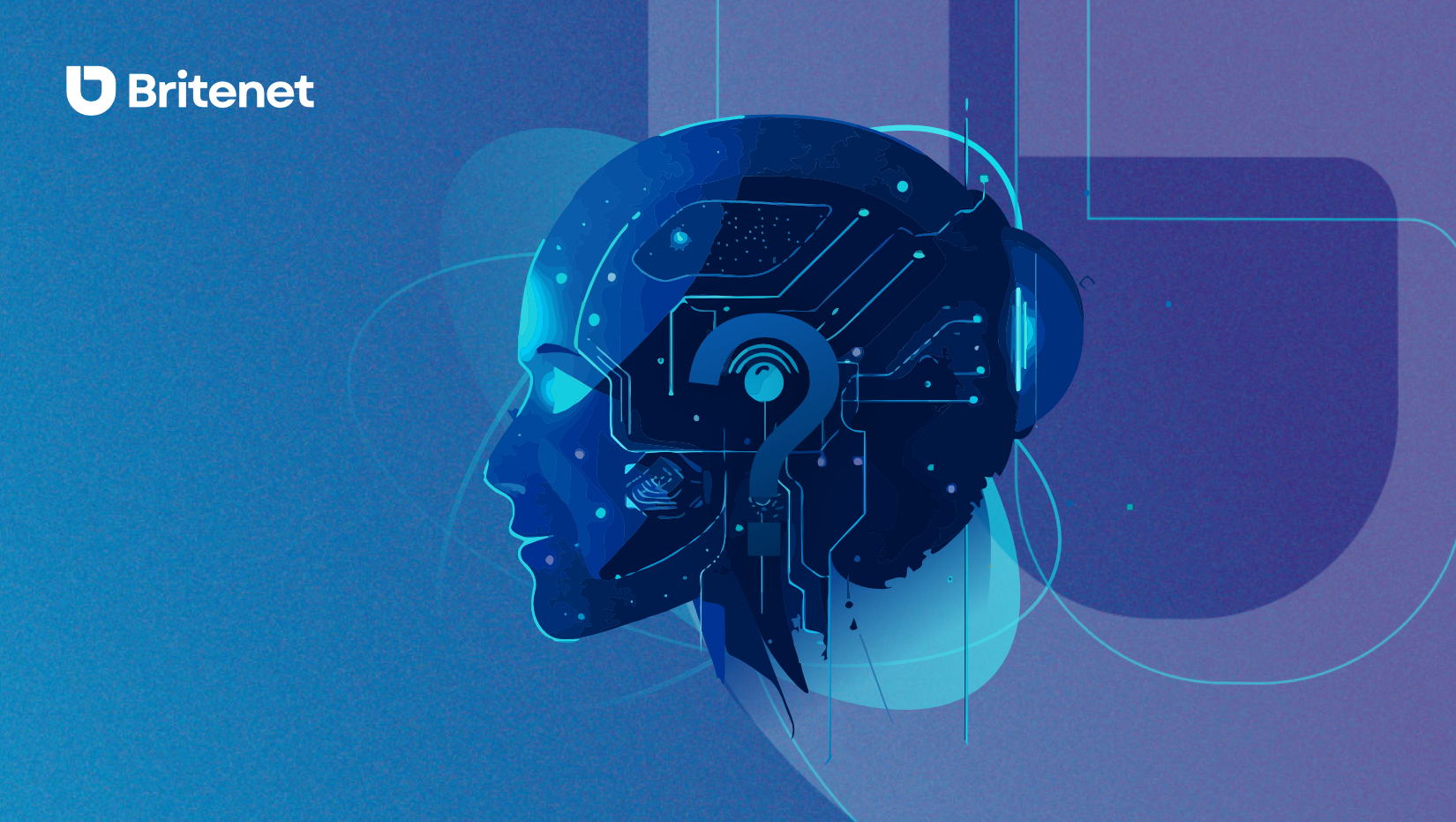AI is losing credibility and companies are withdrawing. In recent months, we have seen more and more companies deciding to abandon or reduce their AI deployment, despite previous announcements and investments. Is this a new trend in the business world, or a random coincidence?
Blinded by artificial intelligence – what makes artificial intelligence attractive to companies?
The attractiveness of artificial intelligence in the IT environment is primarily due to its potential to automate routine tasks, analyse large data sets and optimise processes. With AI, companies can increase operational efficiency, improve customer service, and make better business decisions based on advanced data analysis.
The impact of artificial intelligence on different areas of our lives is much deeper and more comprehensive. Adapting to AI will be key as the technology significantly impacts work productivity. AI has the potential to revolutionise almost every industry and profession. I used to think that only certain sectors would be affected by the change, and to varying degrees, but now I am increasingly seeing that it is difficult to identify a profession that will not be revolutionised in some way by AI. Learning to cooperate with AI and adapting to new automated work processes will become essential in more and more professions.
Tomasz Dziki – Vice President of Britenet
Why are companies afraid of AI – potential risks
For years, artificial intelligence has been seen as a key part of the future, inspiring wonder and fascination with its capabilities. However, over time, concerns about its development and application have begun to emerge.
One significant risk is data security. AI can become a target for cyberattacks, which can lead to unauthorised access to sensitive information. Improper implementation of this technology can result in data analysis errors, which in turn affect business decisions and can cause adaptation issues in the event of a system failure. Additionally, significant ethical issues arise, such as algorithmic bias and privacy violations. Algorithms can be accused of racial and gender discrimination in recruitment processes, misuse of personal data without users' consent, and causing unforeseen consequences such as medical misdiagnoses or inappropriate credit decisions. The automation of processes also raises concerns about job losses and declining team engagement.
These numerous problems effectively discourage companies from investing in AI, raising the question: is artificial intelligence really as effective as it seems?
Technological turnaround without AI: new directions and strategies
Although artificial intelligence is a state-of-the-art and readily available solution, some companies, considering its disadvantages and potential risks, choose to use other tools that meet similar requirements.
When AI fails, in first instance, companies shut down projects that use the technology and replace it with traditional analytics algorithms or process automation (RPA) that can better meet current needs. They also redirect resources, reducing the budget allocated to AI and investing in software development or IT infrastructure.
Changing the technological strategy is also an important step, where focusing on alternative methods or technologies and outsourcing AI projects to external specialists are part of the process. In addition, there may be increased surveillance and control over AI systems and a verification of ethics and security issues, especially in the context of data privacy. To minimise the risks associated with the use of AI, companies are also choosing to train teams in other technologies.
What can companies learn from abandoning AI?
The abandonment of AI in an enterprise brings several important lessons. First and foremost, it highlights the need to tailor the technology to the real needs of the business and evaluate its benefits, showing that traditional methods can be just as effective. It also teaches that it is worth considering deeply the issues of ethics, privacy and looking for more cost-effective alternatives. It also makes the case for better understanding one's own limitations and developing a realistic growth strategy. Despite the decision to abandon AI, companies should continue their AI research by planning carefully, investing appropriately, and remaining flexible in order to implement AI effectively.
Is the end of the AI revolution coming? Is the great demise of artificial intelligence approaching?
There is no clear evidence that the AI revolution is coming to an end. AI is still developing rapidly, bringing benefits in many areas. The development of AI technologies is likely to continue with a greater focus on ethics and safety, and innovations can bring new opportunities and improve people's lives. The problems that arise could lead to more responsible and sustainable development, rather than its demise.



